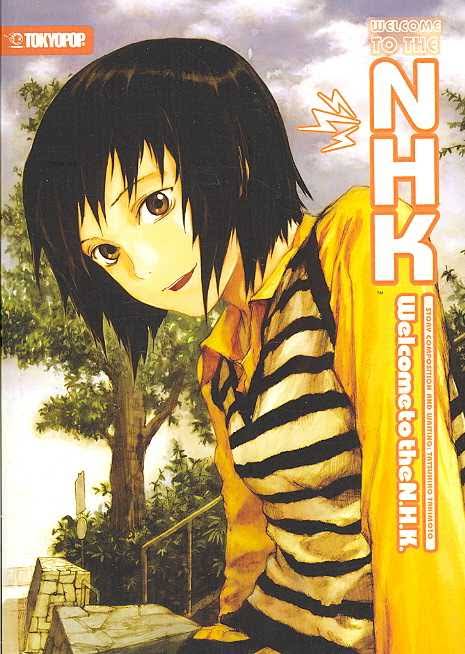Reposting from elsewhere:

I remember asking during PodCastle in the Sky‘s One Punch Man episode what the future of the NEETs in anime would be. You see, NEET is a British term referring to those unemployed youth who are Not in Education, Employment, or Training, and in the podcast I asked whether anime in the future would be about grown up NEET protagonists worrying over not having a pension. Art must cater to its audience, and if there are so many Japanese people stuck in a pit of economic despair, won’t they want their lives reflected in the stories they consume?
It’s a few years later and I think I’d like to expand the question to include those who are horrifically underemployed in Japan. As the title of a Bloomberg article from 2020 reveals, Japan’s Lost Generation Is Still Jobless and Living With Their Parents. The article’s description of the Japanese job market is painful in its inequity.
The doors open only once. That’s how people often describe Japan’s hidebound hiring system, in which college students have their best shot at landing a coveted salaried position in the year approaching graduation. Those who successfully navigate the arduous corporate recruiting process will be rewarded with a secure place on the corporate ladder, along with regular raises and promotions. The rest are largely condemned to flit from one low-paying job to the next, with little avenue for advancement and zero job security . . . Japan’s 2015 census revealed there were 3.4 million people in their 40s and 50s who had not married and lived with their parents.
So here is Japan, here are its young people, and here is the miserable life of bare survival that they suffer through. What can anime say to this audience? How can it be relevant, especially when the makers of anime are also living through the same misery? (And when I say misery I mean misery: in 2019 it was possible for a new animator to make an annual income of 668,000 yen, which is around $6600 USD. Yes, there is no missing zero in that figure. There’s a crowdfunding project just to subsidize housing costs for the ones who make the anime we consume.)
I would say there are two ways for anime to deal with life in late-stage capitalism. The first is to acknowledge its barbarity. However, the logic of modern life is so crushing and inhumane that to depict it realistically is too much to bear for the artists and for the audience. The solution is to turn to comedy to soften the blow.
If we were to name the works of anime capitalist realism that are most well-known, we would not do worse than listing the classic series Welcome to the NHK!, which is about the people unable to compete in the marketplace of labour, or Aggretsuko, which is about the ones who did enter the ranks of the wage slave but who found no better life anyway, or Recovery of an MMO Junkie, which is about abandoning the existential despair of being alienated from your labour. For the present season of anime, we could point to Uramichi Oniisan, except it’s not very good and in fact rather painfully blah.
The second way for anime to grapple with the weight of modernity is more reactionary. Instead of meeting the real, the anime takes the opposite trajectory of escape. The escape might be through returning to a better time – see all the series where the protagonist wakes up as their younger self like Remake Our Life! or gets de-aged like ReLIFE – or it might be a literal escape to a better world. Yes, I’m talking about all the isekai shit that comes out every season, some of which are embarrassingly frank about being nothing but vehicles for wish fulfillment.
Those wishes being fulfilled might be as innocuous as being able to sleep in and work whenever you want and at whatever you want for as much or as little as you want, like in all those isekai series about farming in a fantasy town or whatever (see Restaurant To Another World for an example involving opening a small business in a fantasy land with absolutely no problems whatsoever). Or those wishes could be darker and more disgusting, such as indulging a sexual slavery fetish like in How Not to Summon a Demon Lord or Death March to the Parallel World Rhapsody (and yes, the protagonist is invariably a man enslaving women).
It may sound like I think anime about the real world’s unhappiness are better for facing up to the truth, but in reality I think both the path of acknowledgement and the path of escape can lead equally to nowhere. Obviously hiding from society’s problems make one less likely to help in fixing them, but merely knowing things suck doesn’t do anything either. Without a call to action, outrage leads only to frustration and then to resignation and apathy.
So even in our fantasies we can’t escape the inequity of our world. The rank unfairness of existence circumscribes the stories we tell and haunts the dreams that we create.
However, we should not slip into nihilism. I will remind you all that better conditions existed not very far back in time and can do so again, and perhaps be better, for even those older times had their own miseries. Our dreams can point us to another path so long as we remember that dreaming is not an end in itself.
So let us struggle for a better world: what do we have to lose?